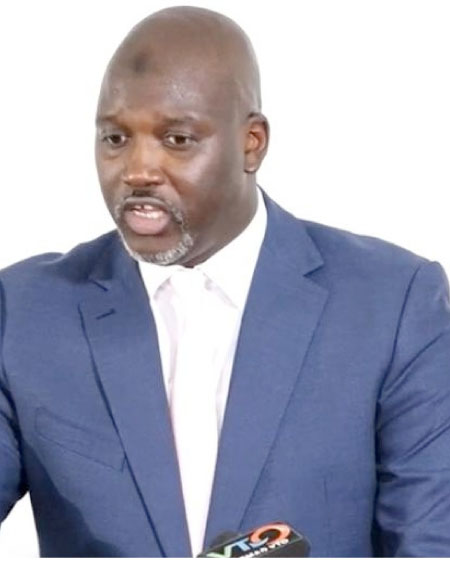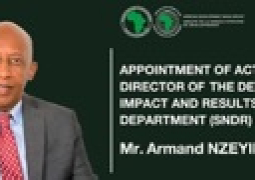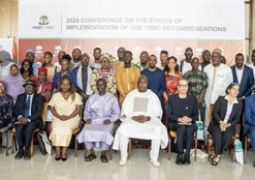
Tambadou acknowledged the issue and insisted the report being circulated is the same document shared among all relevant stakeholders. “I can only tell you what I recall,” he said. He maintained that he remembered a request for members to sign the report and believed he had signed it.
He referred the Committee to the email trail he submitted, which showed he had asked the Secretary to Cabinet to circulate the report for signatures before submission to Cabinet. He said the emails also showed members had received electronic copies, made comments, and discussed parts of the report.
He stressed that if members agreed the report accurately reflected their decision-making, the absence of signatures should not cause problems unless disputes emerged later.
Still, the counsel insisted its concern was ensuring reliance on factual, undisputed evidence.
Tambadou explained that the report was submitted to the Secretary to Cabinet, shared with Cabinet, and presented verbatim without any objection from taskforce members or Cabinet ministers.
The questioning then shifted to how the properties were assessed. Counsel noted that during Tambadou’s tenure, only some properties particularly leaseholds and those in Banjul were considered.
Tambadou agreed the Ministerial Taskforce did not review all 288 properties identified by the Janneh Commission. Instead, he said, ministers adopted a piecemeal approach due to limited time.
He explained the existence and purpose of a Technical Subcommittee, composed of permanent secretaries and chaired by the Solicitor General. This body was created, he said, by the Ministerial Committee itself to provide a secondary layer of transparency and to review the entire Janneh Commission report; work ministers did not have the time to do. He believed the Technical Committee reviewed all properties and submitted a comprehensive report.
The counsel then confronted Tambadou with evidence from two different reports. The April 23, 2020 report he submitted to Cabinet listed several properties such as 78A and 78B Daniel Goddard Street in Half-Die—as already sold. But the final report dated October 28, 2020 recommended those same properties be reserved for government use.
Tambadou distanced himself from the October report. “I cannot speak to the contents of the October 2020 final report,” he stressed repeatedly. He said the report he drafted was the only one he associated himself with, and it was prepared while he was Attorney General. He left office on June 30, 2020 two months after submitting the April report.
Responding to the contradiction, he said the Receiver was clearly informed about which properties to sell, and the April report reflected the decisions taken by the taskforce at that time. He said the email exchange showed taskforce members had commented on the document before it was forwarded for printing and signature.
Tambadou confirmed that the April 23 report was the first and only update prepared under his tenure, noting that he expected more updates as implementation of the Janneh Commission recommendations progressed.
The conversation later turned to third-party claims. Tambadou provided broader context, explaining that following the 2016 political transition he proposed a transitional justice framework to address nationwide grievances, drawing on his experience in post-conflict societies.
He outlined three objectives, identifying grievances, addressing them, and preventing their recurrence. Different mechanisms, including the TRRC, were created to address different categories of grievances, ranging from human rights violations to governance failures. He noted that many individuals including former PPP officials whose properties were seized after the 1994 coup petitioned the government before, during, and after the Janneh Commission to resolve property-related grievances.





